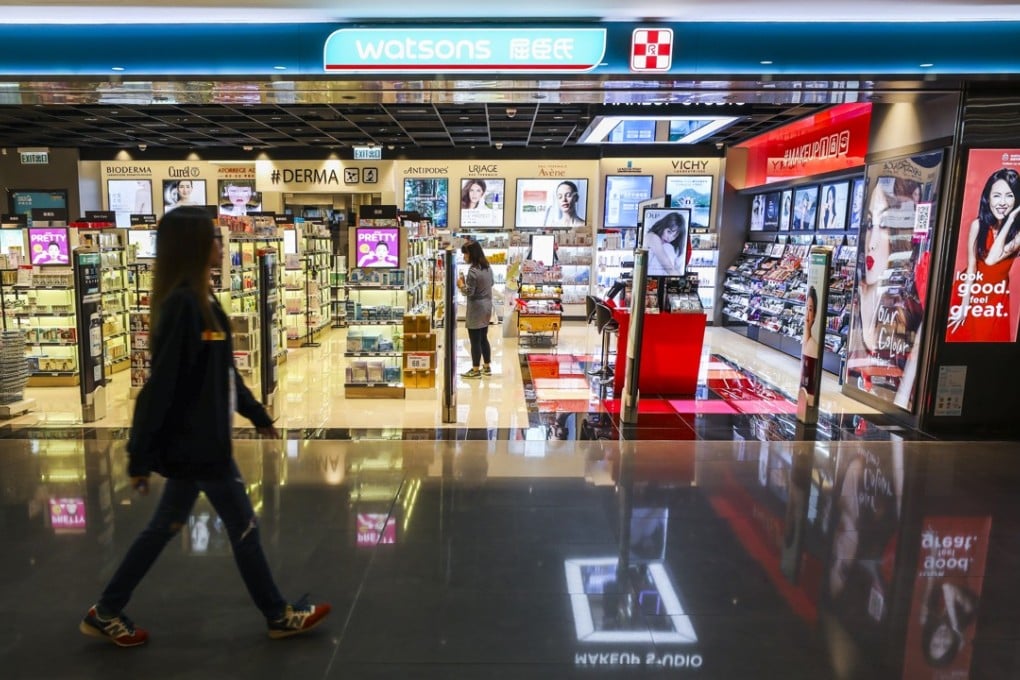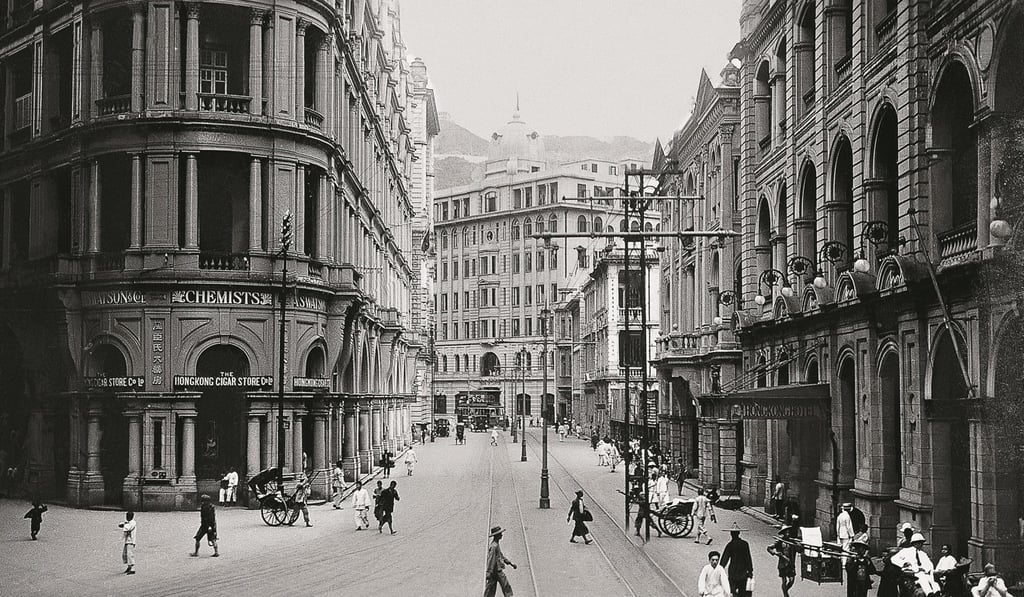The story of A.S. Watson: from a Hong Kong pharmacy to world’s largest health and beauty group
- The first A.S. Watson dispensary opened more than 175 years ago in Hong Kong, making it the city’s oldest business
- Today it has 14,400 stores in 24 markets and annual revenue of over US$19 billion

In 1858, a British pharmacist was given a job as manager of the Hong Kong Dispensary, a pharmacy that had already been in business for 30 years.
Thirteen years later, the company took his name. It was the launch pad for what would become a retail behemoth ubiquitous in Hong Kong and, as time went on, overseas. The pharmacist’s name was Alexander Skirving Watson.
That single Hong Kong dispensary has taken over the world. A.S. Watson is not only the oldest retailer still operating in Hong Kong, it’s also the world’s largest health and beauty retail group, with the biggest portfolio of retail formats and retail brands, and the greatest geographical presence.
It has more than 14,400 stores in 24 markets, serving more than 28 million customers a week, generating global annual revenue in excess of US$19 billion, and employing more than 140,000 people, including 12,900 in Hong Kong.

As well as the Watsons health and beauty business, in Hong Kong it owns brands including Watsons Water, Watson’s Wine Cellar, supermarkets ParknShop, Taste and Great, and electronics and appliances retailer Fortress; overseas, it owns retail health and beauty brands in numerous countries.
However, its beginnings were not particularly grand. A single A.S. Watson & Co store opened in 1841, a year before China formally ceded Hong Kong to the British.